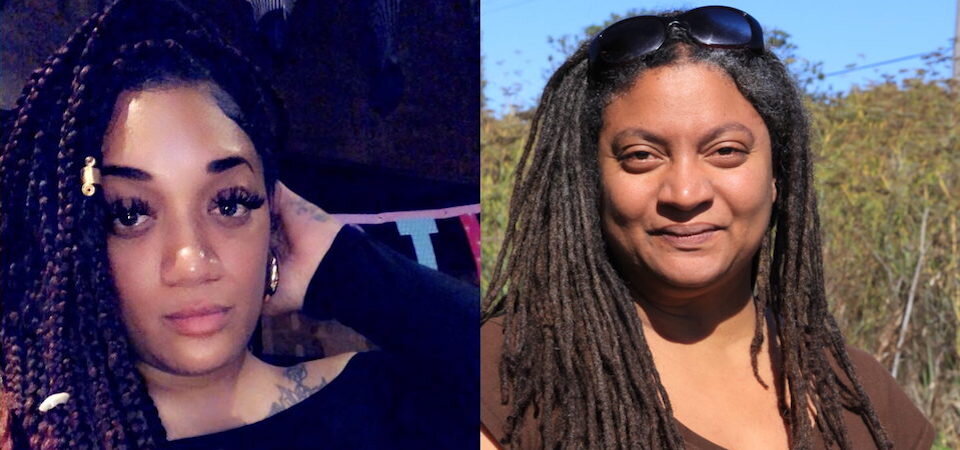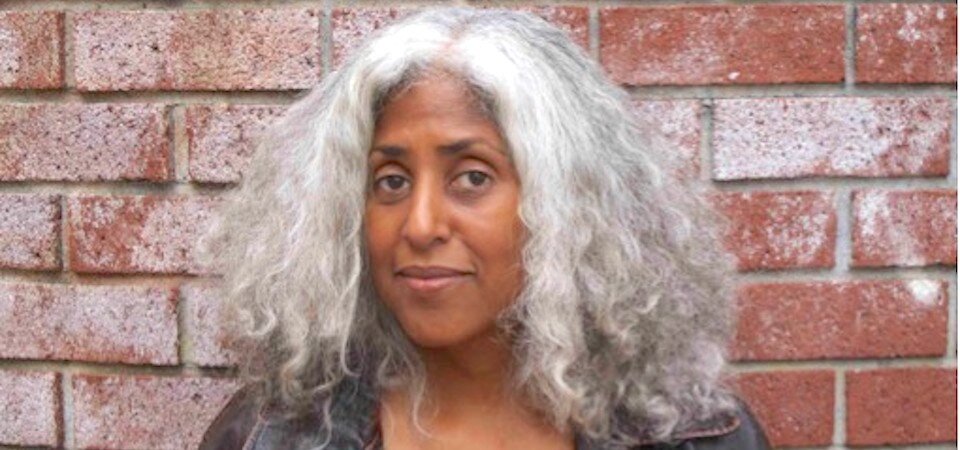Today we are very lucky to be joined by the amazing Roxy Manning, who is here to talk to us about her work in non-violent communication, and commitment to building a more equitable and compassionate future. Roxy is an Afro-Caribbean immigrant to the US, a licensed clinical psychologist, a trainer at the Center for Nonviolent Communication, and a lead consultant for the Center for Efficient Collaboration.
Our guest has a strong passion for working towards social change on multiple levels, from the personal and interpersonal, right down to the systemic level. Her goal of helping opposing voices hear each other is a tool toward the larger aim of combatting the structures that contribute to the disparity we so often experience.
In this episode, we get to hear from Roxy about how to approach resistance from different people, some of the many challenges that business owners of color face, the importance of being able to ask for help and support, and how our listeners can reach out and get involved in this powerful work. So for all this and so much more, join us to hear what Roxy has to say!
---
Key Points From This Episode:
The roots of Roxy's drive to work with the themes of communication and compassion.
Information on the revolutionary workshop on self-compassion that Roxy is currently involved with!
Unpacking the concept of nonviolent communication; the foundations of better alignment.
Roxy's experiences of resistance to difficult conversations about race and white supremacy.
Examples from Roxy's work in workplaces in which these racial dynamics play out.
Pathways to consciousness and starting with the raising of awareness through feedback.
Recommendations from Roxy for helpful resources for getting started with NVC.
Working with microaggressions and the ubiquity of these types of interactions.
How to get involved and connect with Roxy; the mutual benefit of promoting this kind of work.
The journey of improvement and the self-compassion that is necessary to learn from mistakes.
---
Tweetables:
“I realized that I had lived a life of always putting other people's needs first. Always putting what is important to other people first. And always trying to take care of other people first.” — @roxymanningphd
“I have always been an activist, even when I was relatively small.” — @roxymanningphd
“There were so many different confluences that led me to think that the only way I could be successful was to follow all of these unspoken rules and learn how to put other people first.” — @roxymanningphd
“For me, self-compassion and compassion are the only counters that will be effective in the long-run.” — @roxymanningphd
“Changing the systems that we have, to me, will not be a success if all I have done is flip who is on top.” — @roxymanningphd
---
Links Mentioned in Today’s Episode:
Roxy Manning — http://www.roxannemanning.com/
NVC — https://nvctraining.com/
Roxy Manning on Twitter — https://twitter.com/roxymanningphd
Howard University — https://home.howard.edu/
Myisha Cherry — https://www.myishacherry.org/
Sarah Peyton — https://sarahpeyton.com/
'How can Nonviolent Communication (NVC) Be Helpful in These Transformative Times?' — https://www.nonviolentcommunication.com/wp-content/uploads/2020/06/How-can-NVC-be-helpful-in-these-transformative-times_-PuddleDancer.pdf
An Introduction to NVC — http://www.roxannemanning.com/2021/01/18/an-introduction-to-nvc/
---
LIFT Economy Newsletter
Join 7000+ subscribers and get our free 60 point business design checklist—plus monthly tips, advice, and resources to help you build the Next Economy: https://lifteconomy.com/newsletter
---
Next Economy MBA
This episode is brought to you by the Next Economy MBA.
What would a business education look like if it was completely redesigned for the benefit of all life? This is why the team at LIFT Economy created the Next Economy MBA (https://lifteconomy.com/mba).
The Next Economy MBA is a nine month online course for folks who want to learn key business fundamentals (e.g., vision, culture, strategy, and operations) from an equitable, inclusive, and regenerative perspective.
Join the growing network of 250+ alumni who have been exposed to new solutions, learned essential business skills, and joined a lifelong peer group that is catalyzing a global shift towards an economy that works for all life.
Learn more at https://lifteconomy.com/mba.
---
Show Notes + Other Links
For detailed show notes and interviews with past guests, please visit https://lifteconomy.com/podcast
If you enjoy the podcast, would you please consider leaving a short review on Apple Podcasts/iTunes? It really helps expose these ideas to new listeners:
https://bit.ly/nexteconomynow
Twitter: https://twitter.com/LIFTEconomy
Instagram: https://instagram.com/lifteconomy/
Facebook: https://facebook.com/LIFTEconomy/
YouTube: https://youtube.com/c/Lifteconomy
Music by Chris Zabriskie: https://chriszabriskie.com/





















